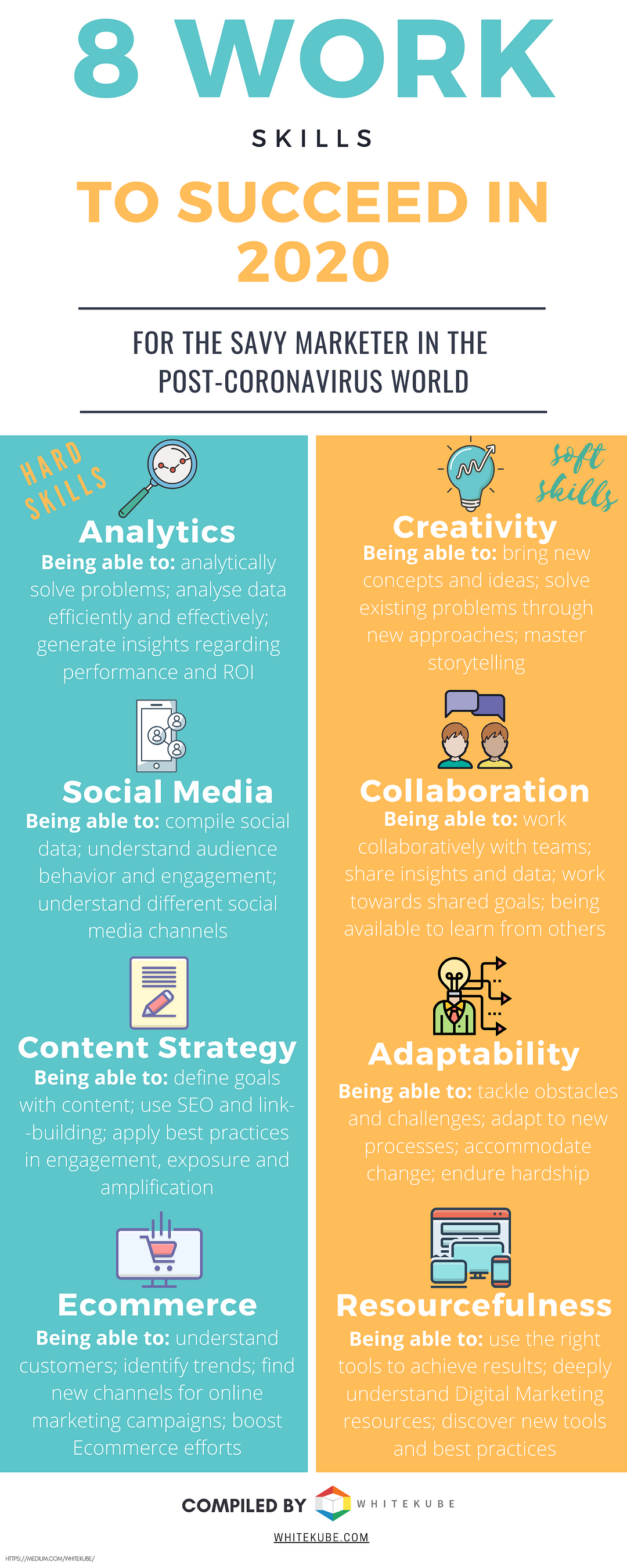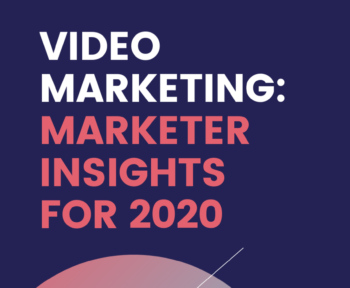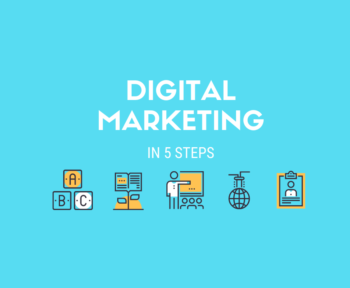2020 has been a strange, challenging, and ever-changing year so far. People, professionals, companies, brands, profit, and non-profit organisations have been impacted by the consequences of a global pandemic.
When it comes to the workplace, if the accelerated pace of digital transformation wasn’t enough to pose challenges for employers and employees until now, nowadays teams and individuals face a new reality: the next years will be challenging and filled with different types of jobs, work skills, and trends.
What worked in the end of 2019 may not ever work again, as the market and the customer change, as well as the workplace, the workforce, and the overall expectations of leaders, managers, RH professionals, and recruiters.
A New Workforce Reality
It’s not new that the workforce and professionals who are interested in changing jobs should focus on developing the work skills that employers look for. Nowadays, this is also true for the ones that are happy with their current job and want to keep it. In the post-covid19 era, there will be no room for stagnation or for repeating the same formulas over and over again — mainly because we will not be sure if they still work for a long time.
“The bottom line is that fresh data and accurate insights have never been more important. In these uncharted territories, relying on instincts alone is dangerous” — Andrew Reid, Founder and CEO, Rival Technologies
Now, more than ever, insights are key when it comes to understanding new behaviors (from consumers to employees) and act during this crisis. Only by exploring, analysing, and understanding change, professionals will be able to tackle uncertainties with the power of knowledge.
The truth is: now it’s not the time to only “trust your gut”…
…but that doesn’t mean you should be paralysed in fear. Perish or thrive,
it’s up to you!
But What Does That Mean for Marketing?
Data and predictions show that most businesses are going to struggle for well over a year, to make up for losses not only in revenue but also in traffic and conversions. The year’s events have impacted consumer behavior (search, intent, spending) as well as performance and advertising efforts.


According to the “The Global Consumer Sentiment Survey” (McKinsey and Company), 47% of consumers indicated they are cutting back on spending and 49% said they must be very careful about how they spend their money.


Although, there’s light at the end of the tun… sorry, at the end of the pandemic. Data shows, for the most part, consumers are receptive to some marketing at this time. A recent study from the American Association of Advertising Agencies found that 43% of consumers find it reassuring to hear from brands. In addition, 56% said they like learning how brands are helping their communities during the pandemic. Only 15% said they’d rather not hear from companies.
Tamara Charm, Senior Expert at McKinsey & Company and the co-lead for its Global Consumer Sentiment Survey advises marketing leaders to think about taking a three-horizon approach as they move forward in the midst of this pandemic:
- Resolve & Resilience: Navigate the now
- Return: Plan the recovery
- Re-imagination: Lead the next normal
“As marketing leaders, managing the human element is critical — and that is taking care of our people, customers, and communities. At the same time, we need to just think about the three horizons to shape the way forward: navigate the now, plan for recovery, and lead the next normal,” explains Charm.
“It’s important to address what’s happening now, then how do you approach recovery and planning, and, finally, as we think about shifts in behavior, we expect there will be a ‘next to normal’ where not everything will go back to the way it was pre-COVID. Many of these intensified consumer behaviors will continue.”
Do You Have The Right Set of Work Skills?
As in most industries, marketers and Marketing businesses will have no room for lack of effort, lack of adaptability, or not wanting to go the extra mile. This is especially true as the market becomes more demanding in order to answer to the new economic challenges.
For the ones looking for a new job, the research will be more competitive than ever; for the ones fighting to stay relevant in their workplaces, the work day will be more challenging than ever.
The Marketer of the post-COVID era will have to master a set of work skills, both hard and soft:
- Hard skills: Teachable abilities of skills sets that are easy to quantify (a degree or certificate; proficiency in a foreign language);
- Soft skills: Also known as “people skills” or “interpersonal skills” (creativity, adaptability, emotional intelligence).
According to the “Business skills census 2019”, 83% named at least one social skill as essential, and 76% named at least one core skill as essential for their entry-level marketing employees to have. When looking at individual skills, the most likely to be deemed essential for young entrants to have by employers was teamwork (51%) and good written and spoken communication (50%).
The future of Marketing will not just be dependent on technological advancements. It will require multi-skilled marketers with the right skillset and mindset.
So what are the eight essential skills that workers will need to navigate a changing work environment — and flourish in the post-COVID era? Read on to learn more about the top skills that employers will be looking for in 2020 and beyond.
8 Work Skills To Succeed in 2020

HARD SKILLS
Analytics
The ability to determine the deeper meaning or significance of what is being expressed: by numbers, trends, insights, and data. Digging deep on a subject and analysing facts with a critical eye are very important skills anyone in this field must develop.
Being able to:
- Analytically solve problems;
- Analyse data efficiently and effectively;
- Generate insights regarding performance and ROI.
Social Media
The ability to understand, strategize, and plan for the multitude of social media platforms. Having social media literacy means the ability to critically assess and develop content that uses each one of these platforms and to leverage them for persuasive communication.
Being able to:
- Compile social data;
- Understand audience behaviour and engagement;
- Understand different social media channels.
Content Strategy
A long-term skill in which every word counts. The ability to strategise and create content that is grammatically flawless and combines rhythm, emotion, stories, and personality to emotionally engage with readers. Being curious and analytical enough to understand target audiences and influential enough to impact them with persuasive content.
Being able to:
- Define goals with content;
- Use SEO and link — building;
- Apply best practices in engagement, exposure and amplification
Ecommerce
The ability to use today’s most valuable marketing channels to develop an Ecommerce marketing strategy. Know how to use social media, digital content, search engines, and email campaigns to attract visitors and facilitate purchases online.
Being able to:
- Understand customers;
- Identify trends;
- Find new channels for online marketing campaigns;
- Boost Ecommerce efforts.
SOFT SKILLS
Creativity
The ability to have forward-thinking and perceive the world in new ways. The ability to find hidden patterns, generate solutions, and help design products, solutions, ideas, and approaches for tomorrow.
Being able to:
- Bring new concepts and ideas;
- Solve existing problems through new approaches;
- Master storytelling.
Collaboration
Ability to work productively, drive engagement, and demonstrate presence as a member of a physical and virtual team. Able to perform well on a team and collaborate with others on complex projects.
Being able to:
- Work collaboratively with teams;
- Share insights and data;
- Work towards shared goals;
- Being available to learn from others
Adaptability
The ability to adapt to change in the workplace. Having a personal growth mindset and being a self-starter. Willingness to learn in complex or adverse situations.
Being able to:
- Tackle obstacles and challenges;
- Adapt to new processes;
- Accommodate change;
- Endure hardship.
Resourcefulness
The ability to stay up to date with new resources, insights, trends, and tools that can help achieve results. Being able to anticipate problems and be prepared.
Being able to:
- Use the right tools to achieve results;
- Deeply understand Digital Marketing resources;
- Discover new tools and best practices;
Refining hard and soft skills can kelp take your career to the next level. Do you have an insight or resource to add? Please share it in the comment section! Teamwork is great work!



